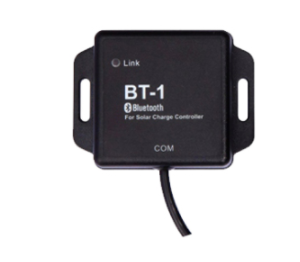
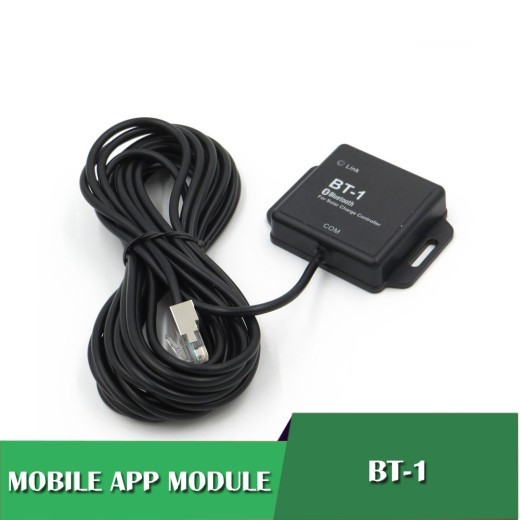
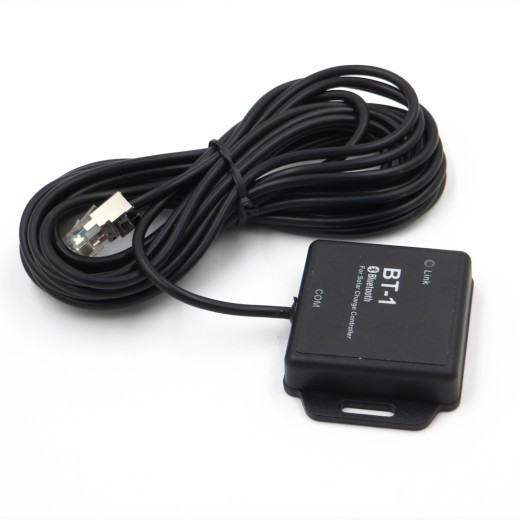
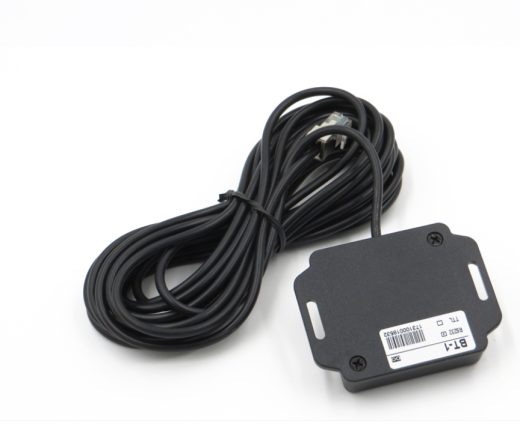
Solar panel controller
Approx $49.23 USD
Solar Panel Controller – Efficient Energy Management for Sustainable Power
Introduction to the Solar Panel Controller
A Solar Panel Controller, also known as a Solar Charge Controller, is a vital component in any solar power system. It regulates the voltage and current from solar panels to batteries, ensuring safe and efficient energy transfer. Designed to prevent overcharging, deep discharging, and short circuits, solar controllers maximize the lifespan of your batteries while optimizing the performance of your solar panels.
Whether you're setting up an off-grid solar system, managing a residential rooftop installation, or operating a commercial solar farm, a high-quality solar panel controller ensures that your energy system runs smoothly, efficiently, and safely.
Why Choose a Solar Panel Controller?
1. Optimized Energy Efficiency
A solar panel controller ensures that your batteries receive the correct amount of charge, minimizing energy loss and enhancing overall system efficiency. Advanced controllers with MPPT (Maximum Power Point Tracking) technology can boost energy efficiency by up to 30% compared to standard models.
2. Battery Protection and Longevity
Without a controller, solar panels can overcharge batteries, leading to reduced battery life or even permanent damage. Solar panel controllers:
- Prevent overcharging and deep discharging
- Protect against reverse current flow at night
- Extend the life of lead-acid, lithium, AGM, and gel batteries
3. Seamless System Monitoring
Many modern controllers come with LCD displays, mobile app support, and remote monitoring capabilities, allowing you to track system performance in real time.
4. Versatile Applications
Ideal for:
- Residential homes with solar energy systems
- Off-grid cabins and RVs
- Commercial solar farms
- Solar-powered street lights and security systems
Key Features of a Solar Panel Controller
1. MPPT vs. PWM Technology
-
MPPT (Maximum Power Point Tracking) Controllers:
- Higher efficiency (up to 99%)
- Adjust voltage dynamically for optimal energy conversion
- Ideal for large solar systems and varying weather conditions
-
PWM (Pulse Width Modulation) Controllers:
- Cost-effective for small systems
- Reliable for basic off-grid applications
2. Multi-Stage Battery Charging
Controllers typically offer four-stage charging algorithms:
- Bulk: Fast charging at maximum current
- Absorption: Slower charging as the battery nears full capacity
- Float: Maintains battery at 100% without overcharging
- Equalization (optional): Prevents sulfation in lead-acid batteries
3. Load Control Features
- Automatic load disconnection during low battery voltage
- Lighting control mode for solar streetlights
- Timer settings for customized energy management
4. Intelligent Monitoring and Display
- LCD/LED displays for real-time voltage, current, and battery status
- Bluetooth/Wi-Fi connectivity for remote monitoring via mobile apps
- Data logging for performance tracking over time
5. Safety and Protection Features
- Overvoltage and undervoltage protection
- Short-circuit and overload protection
- Reverse polarity protection
- Temperature compensation for efficient charging in varying climates
Best Applications for a Solar Panel Controller
1. Residential Solar Systems
Regulates power flow from rooftop solar panels to home battery storage, ensuring optimal energy usage and backup during power outages.
2. Off-Grid Solar Installations
Essential for cabins, RVs, boats, and remote areas where grid electricity is unavailable.
3. Commercial Solar Projects
Manages large-scale solar arrays, optimizing performance in solar farms, businesses, and industrial settings.
4. Solar-Powered Lighting Systems
Controls energy flow in solar streetlights, garden lights, and security systems, automatically adjusting based on daylight conditions.
5. Mobile and Portable Solar Solutions
Ideal for camping setups, tiny homes, and portable solar generators, ensuring consistent energy management on the go.
How to Choose the Right Solar Panel Controller
1. System Voltage Compatibility
Ensure the controller matches your solar system’s voltage:
- 12V or 24V for small setups (RVs, boats, homes)
- 48V+ for commercial systems
2. Current Rating (Amperage Capacity)
Select a controller that can handle the maximum current output from your solar panels. Add a 25% safety margin to account for fluctuations.
3. MPPT vs. PWM Technology
- MPPT: Best for larger systems with fluctuating weather conditions
- PWM: Ideal for smaller, cost-effective setups
4. Battery Type Compatibility
Ensure the controller supports your battery type:
- Lead-acid
- Lithium-ion
- AGM and Gel batteries
5. Additional Features
Consider controllers with:
- Remote monitoring via mobile apps
- Load control settings for smart energy management
- Temperature sensors for climate-specific adjustments
Top Solar Panel Controllers Available in New Zealand
- Victron Energy SmartSolar MPPT 100/30 – High-efficiency MPPT controller with Bluetooth monitoring.
- Renogy Rover 40A MPPT – Advanced MPPT technology with an intuitive LCD display.
- EPEVER Tracer AN Series – Reliable MPPT charge controller with multiple protection features.
- Morningstar ProStar PS-30 PWM – Durable PWM controller for off-grid applications.
- Outback FLEXmax 80 MPPT – Industrial-grade MPPT controller for large solar arrays.
Where to Buy Solar Panel Controllers in New Zealand
You can find top-rated Solar Panel Controllers from reputable NZ retailers:
- PB Tech
- Jaycar Electronics
- Trade Me
- Mighty Ape
- The Warehouse
- Solar Electric Technology NZ
- Amazon NZ
Be sure to check for seasonal discounts, warranty offers, and bulk purchase deals.
Frequently Asked Questions (FAQs)
1. What does a solar panel controller do?
A solar panel controller regulates the voltage and current from solar panels to batteries, preventing overcharging, over-discharging, and other potential issues.
2. What’s the difference between MPPT and PWM controllers?
- MPPT controllers are more efficient, adjusting the voltage for maximum power output.
- PWM controllers are simpler and cost-effective for small systems.
3. Can I use a solar controller for lithium batteries?
Yes, many modern controllers are compatible with lithium-ion batteries. Check the specifications for battery support.
4. Do I need a solar controller for my system?
Yes, unless your solar panel is very low wattage (under 5W), a controller is essential to protect your battery and ensure efficient charging.
5. How do I size a solar charge controller?
Calculate the maximum current output of your solar panels and choose a controller rated for at least 25% more than this value.
Final Thoughts
A Solar Panel Controller is a critical part of any solar power system, ensuring safe, efficient energy management while protecting your batteries and maximizing solar output. Whether you're setting up an off-grid cabin, managing a residential rooftop system, or running a large-scale commercial project, the right controller can make a world of difference in system performance.
Invest in a high-quality solar charge controller to enjoy reliable, sustainable power for years to come
Battery voltage: 12V/24V
Maximum panel voltage: 100V (25C), 90V (-25 °C)
Discharge current: 20A
Applications: Solar controller system
Application range: Controller
Model: BT-1
The product may be provided by a different brand of comparable quality.
The actual product may vary slightly from the image shown.

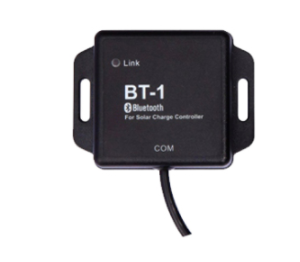
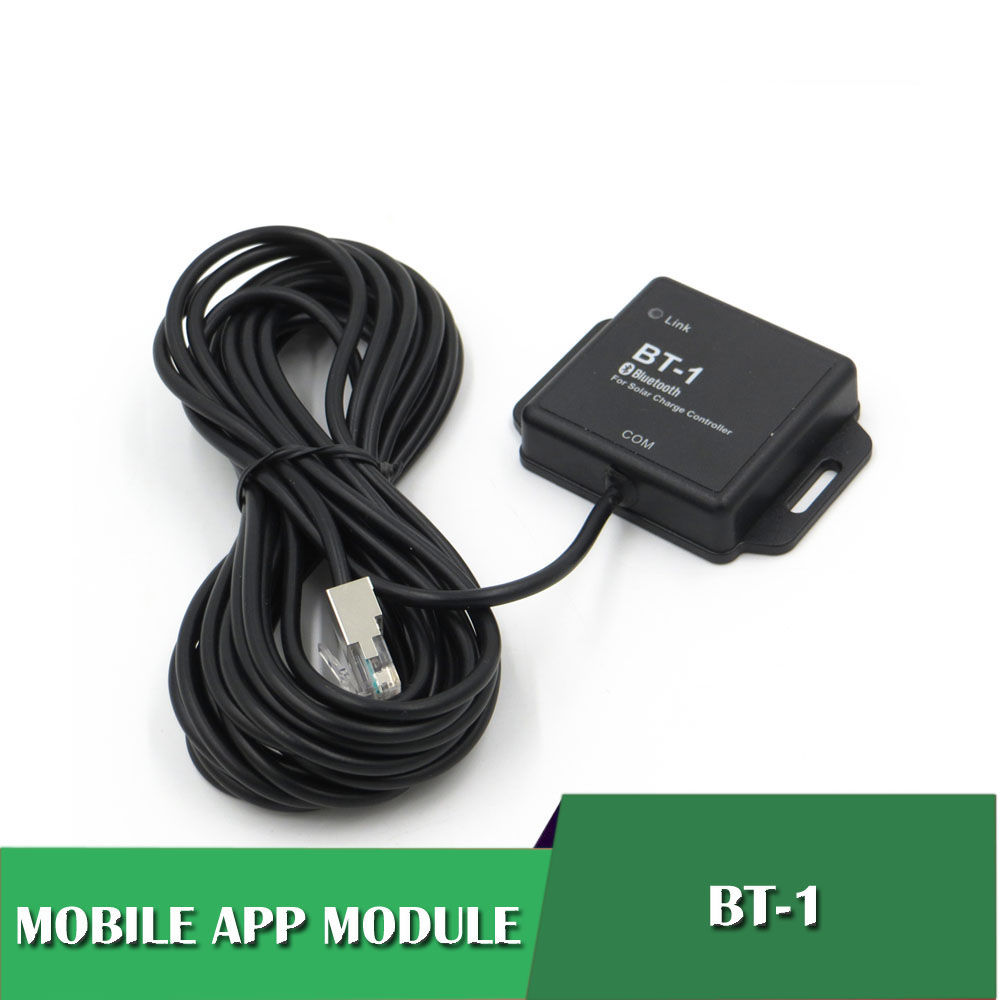
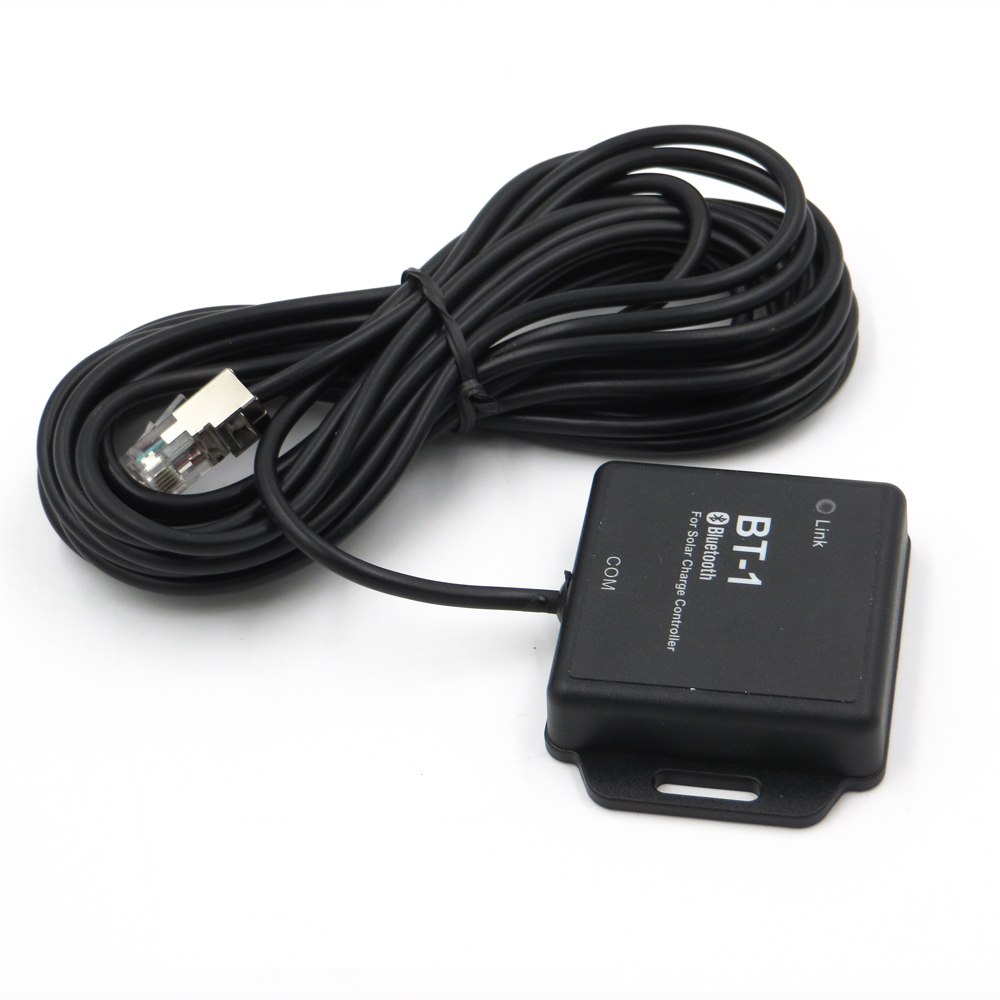
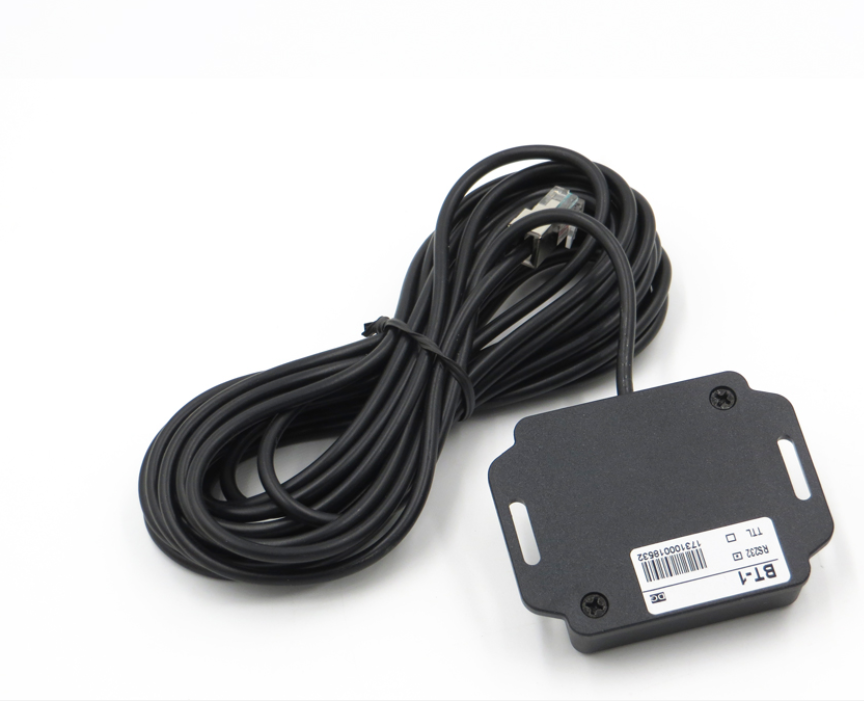
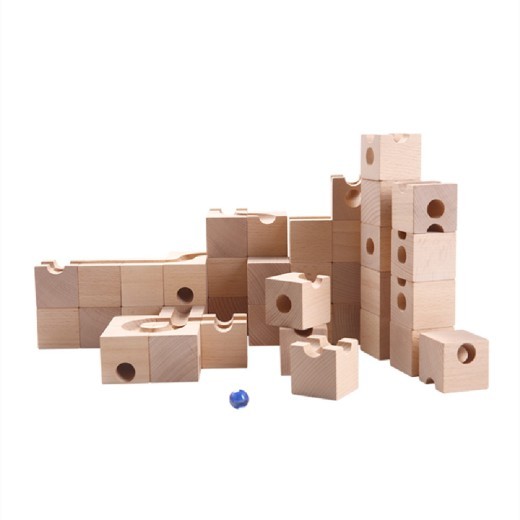

.webp)
.webp)


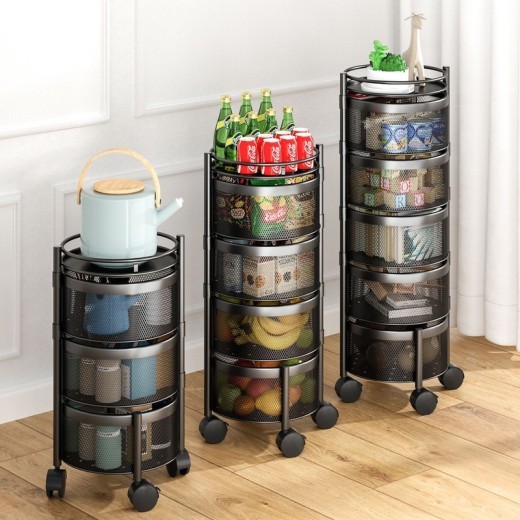
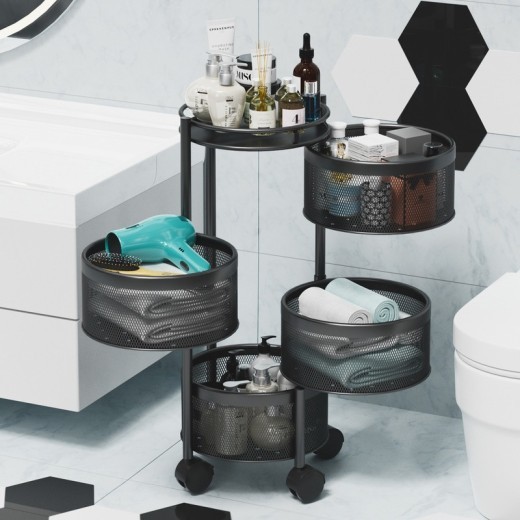
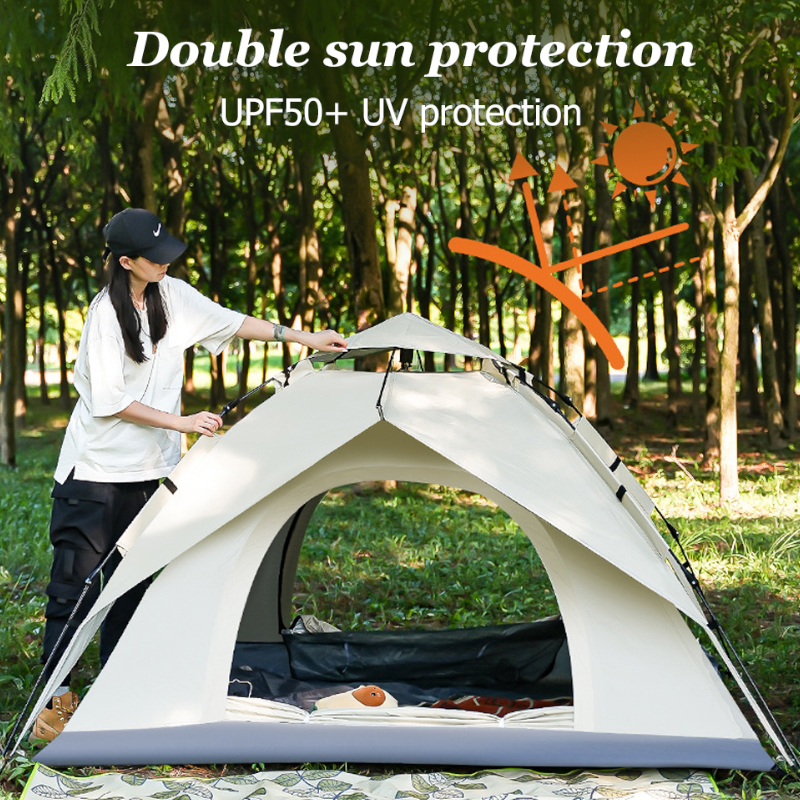
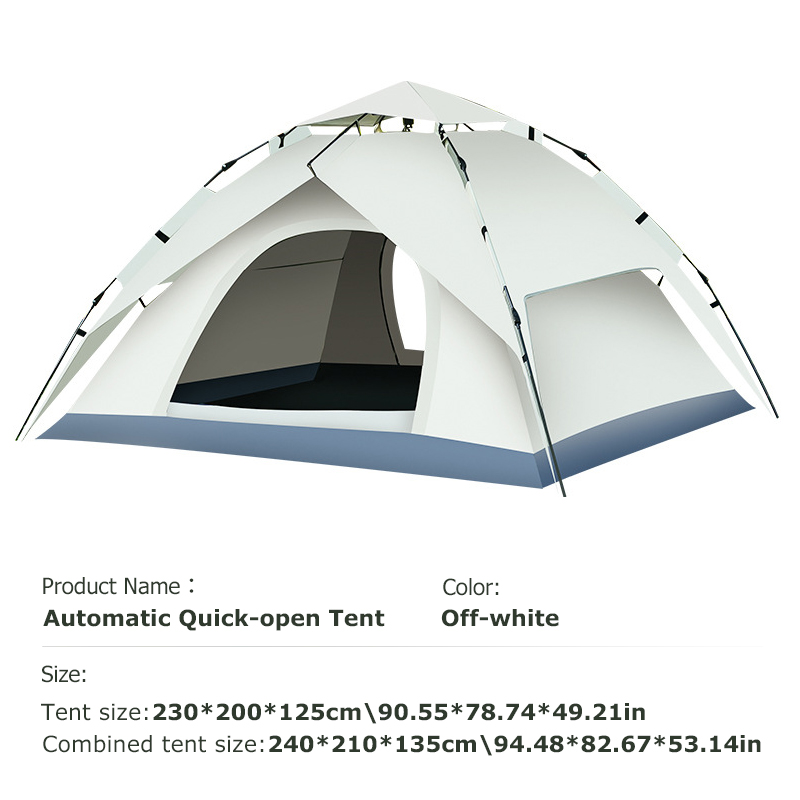
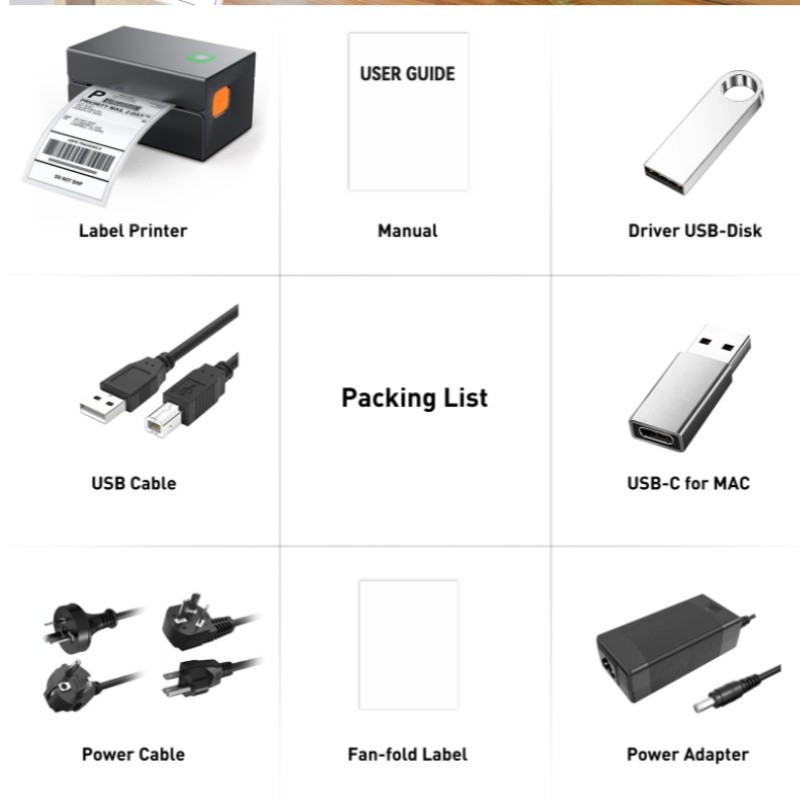
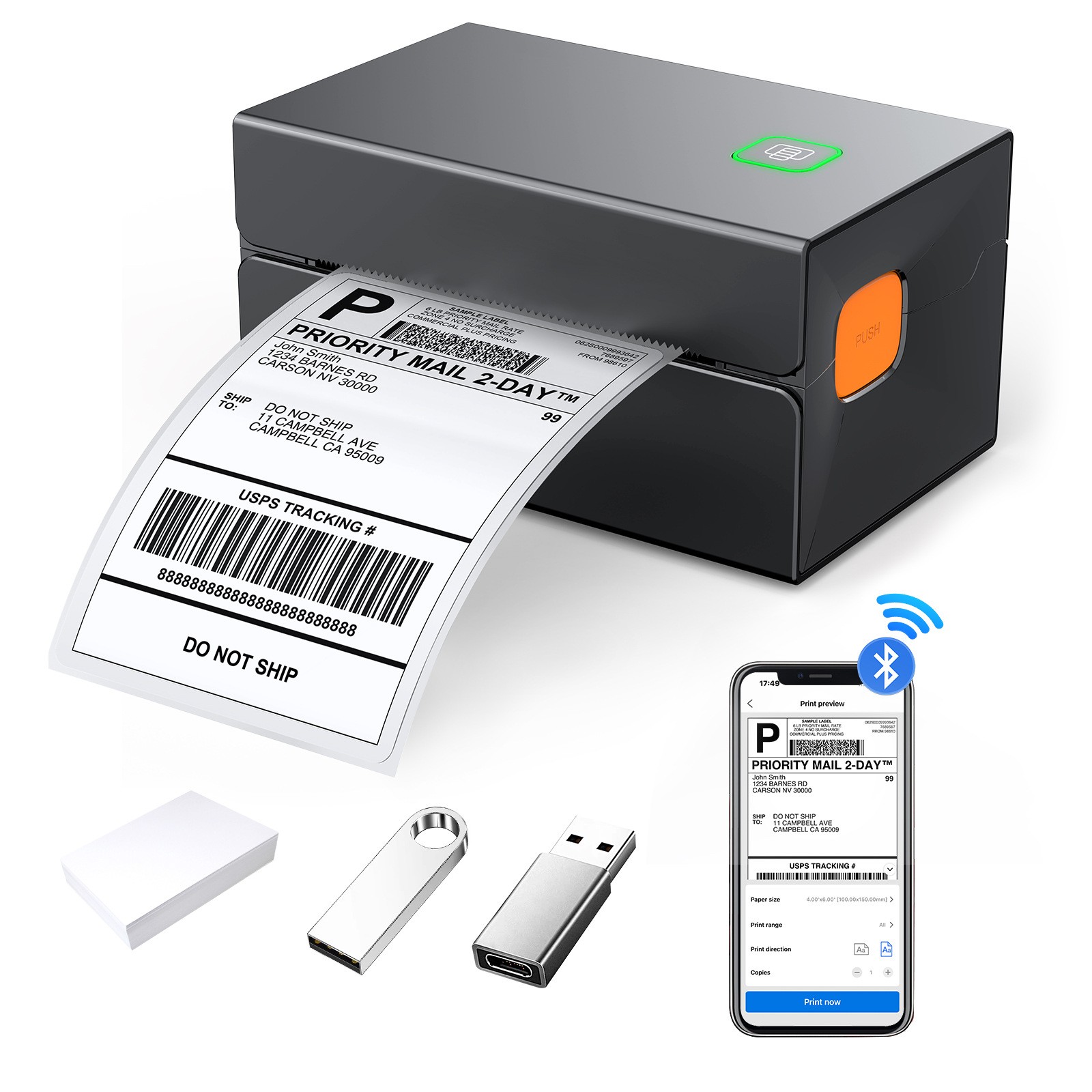
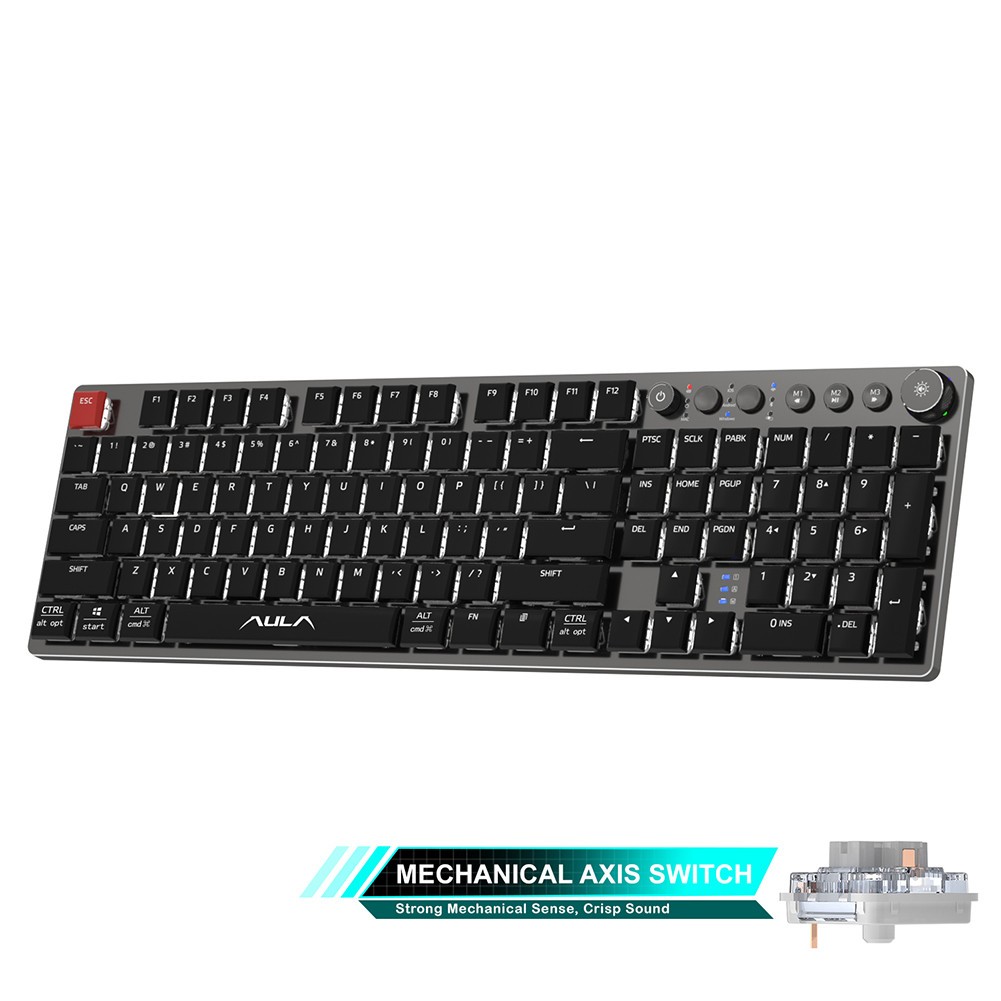
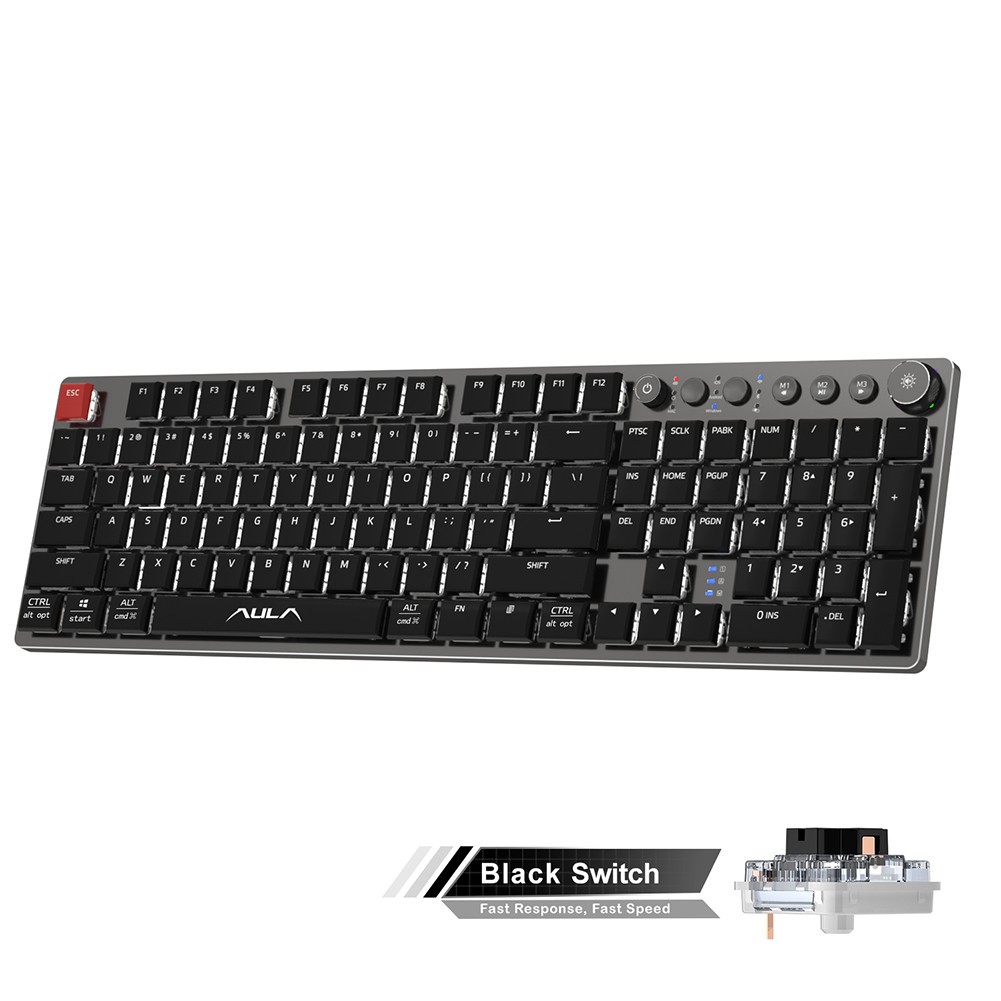




.jpg)









.jpg)





.jpeg)





.jpeg)



.jpeg)








.jpeg)



.jpeg)

.jpeg)

.jpeg)

.jpeg)




.jpeg)
.jpg)

.jpeg)






.jpeg)
.jpeg)




.jpeg)





.jpeg)


.jpeg)

.jpeg)

.jpeg)

.jpeg)







.jpeg)
.jpeg)
.jpeg)





.jpeg)



.jpeg)






.jpg)
.jpeg)









.jpg)


ulva-Logo.jpg)




.jpeg)



.png)















.png)























